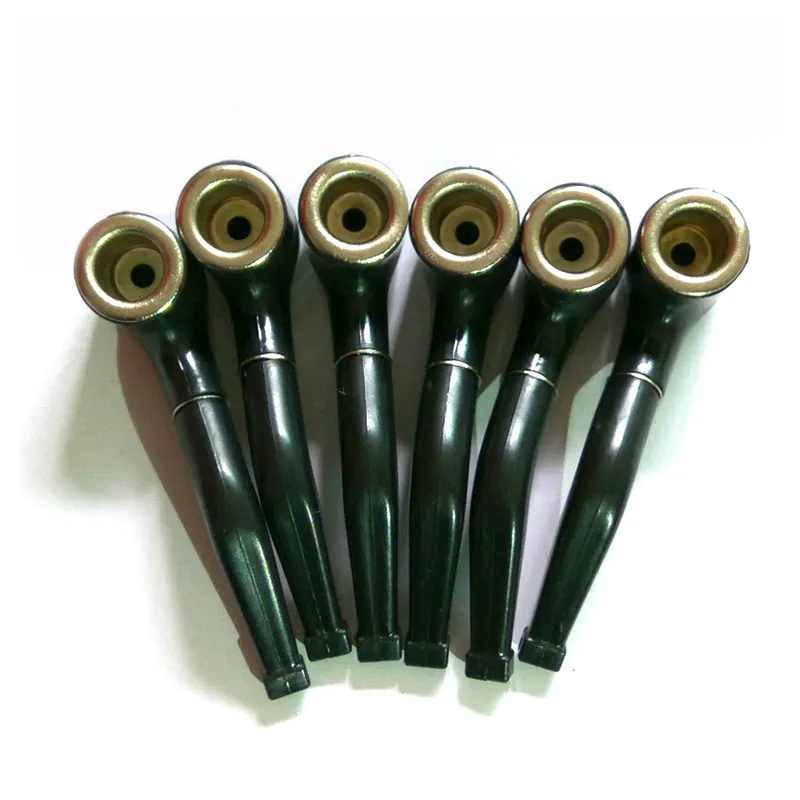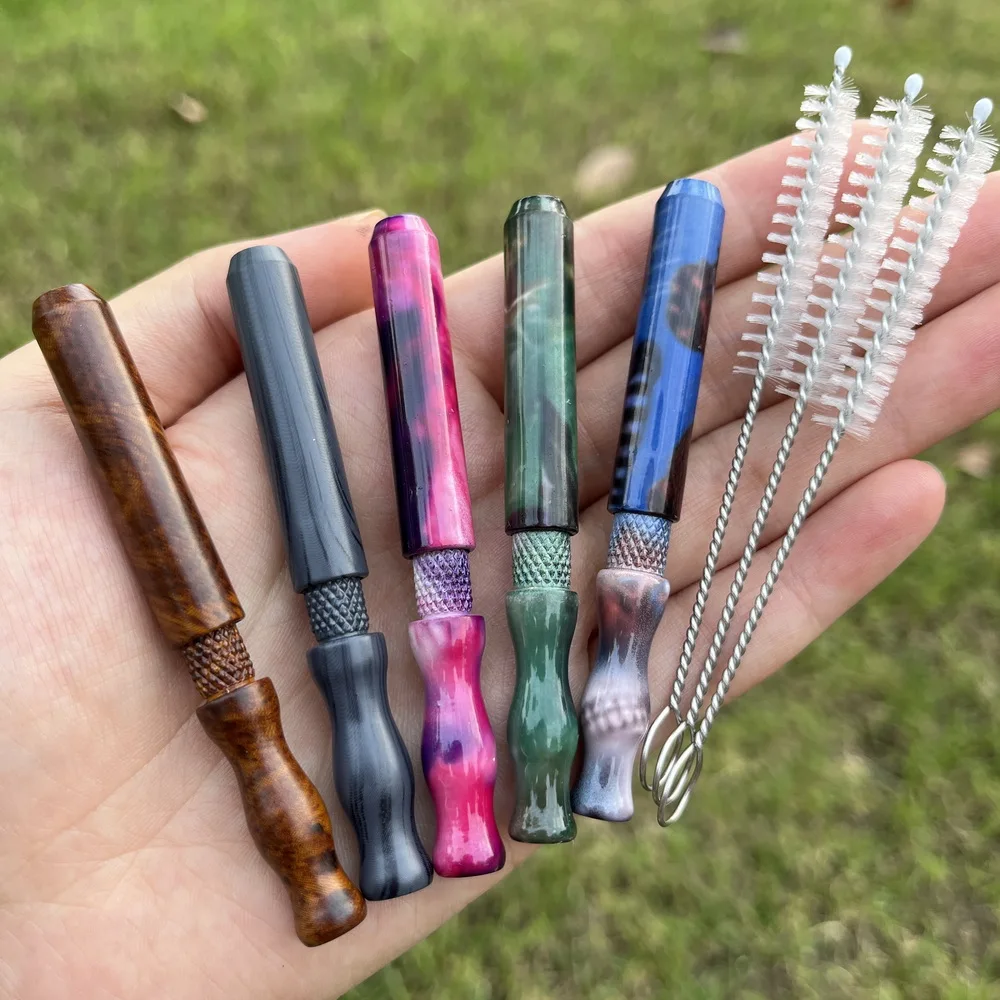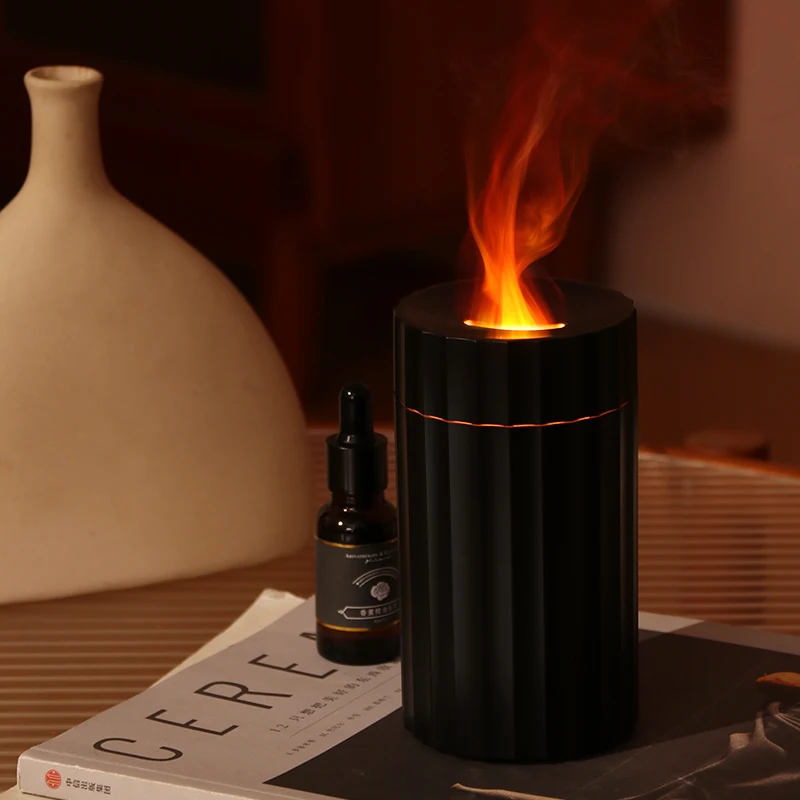“People will still try to put businesses in places that are financially viable, right? If you oversaturate a market, it’s not a financially viable business.”
By Brianna Hill, Spotlight Delaware
Delaware’s marijuana commissioner says his office now allows cannabis license holders to apply to transfer permits between the state’s three counties—a move that would allow businesses to move away from heavily regulated localities, such as Sussex County.
In an interview with Spotlight Delaware on Monday, Marijuana Commissioner Joshua Sanderlin said his decision to open licenses to all counties overturned a regulation set by his predecessor. It also came after municipalities and the Sussex County government imposed a raft of regulations last year that collectively limited marijuana retail shops to just a few far-flung parts of the county.
In response, state lawmakers sought to limit counties’ ability to regulate marijuana businesses with the passage of Senate Bill 75 in June. But last month, Gov. Matt Meyer (D) vetoed the bill, stating that it displaces “local land use authority without offering any corresponding partnership or support.”
Sanderlin said his decision to allow license transfers between counties was not in response to Meyer’s veto. He said his office had decided to change this rule after receiving requests from licensees to change the county in which they operate.
As a former marijuana executive himself, he said he understands how difficult it is to start a business in the industry, “whether SB 75 was in place or not.”
“It’s kind of a point that I’m trying to make… ‘Yes, we’re your regulator, but we’re also here to serve as a partner,’” Sanderlin said.
Sanderlin said it’s too early to know how additional transfers might affect where marijuana businesses ultimately locate. But he noted there could be initial shifts toward Kent and New Castle counties.
Still, he ultimately expects licensees to spread out amongst the three counties.
“People will still try to put businesses in places that are financially viable, right? If you oversaturate a market, it’s not a financially viable business,” he said.
‘Plenty of places’ to move to?
Late last year, the state awarded 125 marijuana business owners their licenses to operate.
Under regulations created by Delaware’s former marijuana commissioner, Rob Coupe, those licenses bound each business owner to one of three counties, in order to ensure that applicants from all parts of the state had a fair chance to receive a license, Sanderlin said.
Asked when he made the decision to change the rule, he said there was no specific date but that it came after people had asked for it.
“For me, it’s ensuring that, you know, we have an open line of communication between us and the licensees,” he said.
To date, Sanderlin’s office has already approved one variance allowing a marijuana manufacturer to move. Perhaps surprisingly, the licensee is going from New Castle County to Sussex County after the individual found a viable site in the southernmost county.
Sanderlin said his office is open to granting more transfers to business owners who can’t secure a site in their current county and who can also present a plan and potential location in another one.
Some licensees say that being able to change their county would offer them more locations to look at, especially amid the veto of SB 75.
“If we don’t get a new [Senate] bill and this is an option, I would be extremely interested to possibly move, being so my license is in the most difficult county,” said Derro Smith, a Sussex social equity microcultivation licensee.
One New Castle County councilman said there are “plenty of places” within the county to operate a marijuana business under current zoning regulations. The councilman, Kevin Caneco, further said that if more licensees move to the county, local officials will apply the current and appropriate land-use regulations.
“I don’t think people necessarily oppose that. Again, as long as we can regulate through our land-use department,” he said.
Officials from Kent Levy Court did not offer a response for this story.
A compromise?
At the end of last month, Meyer vetoed Senate Bill 75, which would have overridden county-level zoning laws that dictate how far marijuana dispensaries must be from sensitive places like schools, libraries and treatment centers—reducing the buffer to no more than 500 feet.
Sussex County’s current distance buffer between such shops and sensitive locations is three miles, while New Castle has a buffer of 1,000 feet. Kent County does not have a buffer but retail marijuana businesses are limited to areas zoned for commercial, Kent County Planning Director Sarah Keifer said.
In addition, over a third of Delaware’s 57 municipalities have created bans on various types of marijuana establishments, making it difficult for business owners within the industry to find real estate.
On top of zoning hurdles, marijuana business owners also face steep challenges securing property, financing and investors, as cannabis remains illegal under federal law.
“It’s all a little bit problematic because we don’t have the money we need and y’all got all these restrictions,” said Louise Shelton, mother of Derro Smith, who also holds a social equity microcultivation license in Sussex.
“How do you pass a law saying that cannabis is recreational, but then put all these stipulations?” Shelton asked.
Last June, Senate Bill 75 faced strong opposition from county leaders and statehouse Republicans, who argued that it was among a handful of “local control” bills that would override municipal and county governments’ authority to decide their own land use and zoning matters.
In a statement on the veto, Meyer proposed a compromise that would direct about a third of the state marijuana sales tax revenue to the county or municipality in which a marijuana business is located.
He said it would “offset the local costs associated with zoning, permitting, enforcement and infrastructure.”
If approved, Meyer said that Sussex County has agreed to remove its conditional use requirement for marijuana retail shops, which gives county leaders wide latitude over where to allow such storefronts, and reduce the buffer requirements for them.
The draft county legislation makes no commitments as to what the reduction would be.
Last week, Sussex County Council discussed proposals to remove zoning restrictions on marijuana businesses, but did not finalize any decisions. During the meeting, councilmembers also praised Meyer’s decision to give counties the authority to decide what changes to make.
Council members defended their 3-mile buffer rule by comparing it to the buffer used for liquor stores under state law. Still, they said they would consider possible changes.
While expressing concern that state officials may try to override Meyer’s veto, County Administrator Todd Lawson said the council hopes to put forward a proposal to adjust its restrictions “within weeks.”
Meyer’s veto was met with backlash from State Sen. Trey Paradee (D-Dover), the bill’s sponsor, who said in a statement that he had struck a deal with the governor in late June to support a future revenue split with counties if Meyer allowed SB 75 to become law without his signature this summer.
Paradee said that the veto will now do “irreparable harm to dozens of small business owners who successfully won the lottery to open retail marijuana stores and grow facilities.”
Some of those licensees, like the mother-and-son duo of Smith and Shelton, have become frustrated with the heavy restrictions on marijuana businesses.
“It’s like one barrier after another, one hurdle after another. Just when you kind of think that you gain some progress, it’s like, here it goes. Rules change, another curveball,” Smith said.
But the license transfers between counties could offer relief, if Sussex doesn’t first loosen their buffers.
This story was first published by Spotlight Delaware.
Photo courtesy of Brian Shamblen.





























